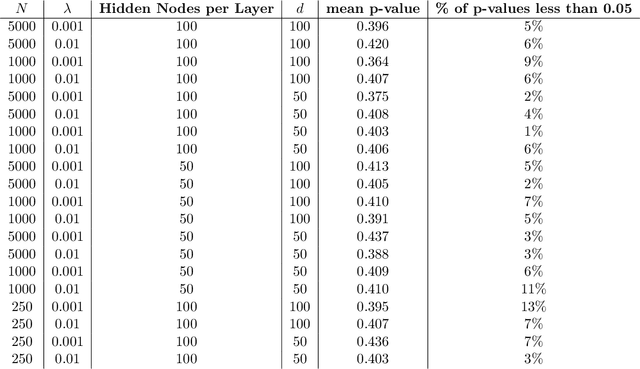SGD Distributional Dynamics of Three Layer Neural Networks
Paper and Code
Dec 30, 2020



With the rise of big data analytics, multi-layer neural networks have surfaced as one of the most powerful machine learning methods. However, their theoretical mathematical properties are still not fully understood. Training a neural network requires optimizing a non-convex objective function, typically done using stochastic gradient descent (SGD). In this paper, we seek to extend the mean field results of Mei et al. (2018) from two-layer neural networks with one hidden layer to three-layer neural networks with two hidden layers. We will show that the SGD dynamics is captured by a set of non-linear partial differential equations, and prove that the distributions of weights in the two hidden layers are independent. We will also detail exploratory work done based on simulation and real-world data.
 Add to Chrome
Add to Chrome Add to Firefox
Add to Firefox Add to Edge
Add to Edge